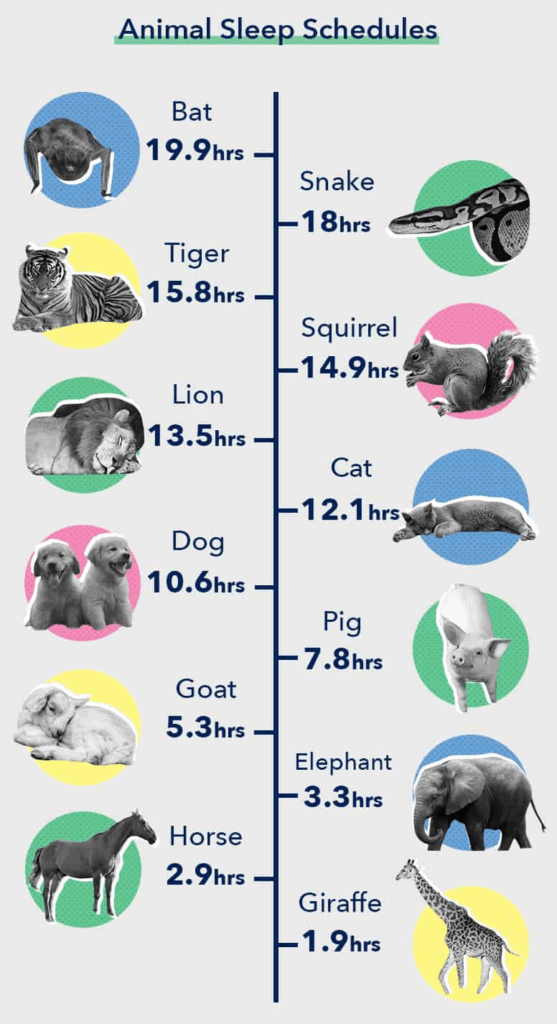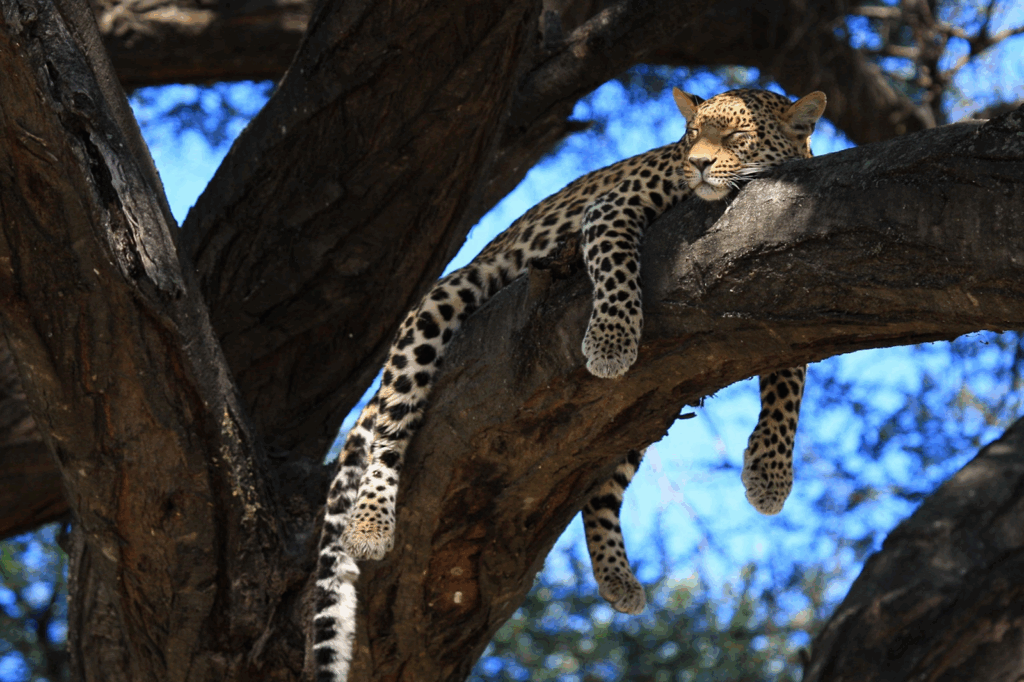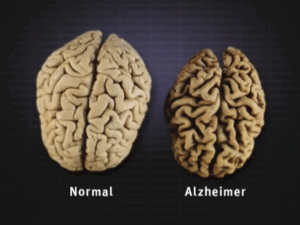A Deeper Dive Into the Seemingly Insignificant Role of Sleep
Sleep seems like an inherently useless task. If anything, animals become more vulnerable when they fall asleep. If there is an increased risk of attack by predators, why do animals sleep? Every animal sleeps in some form, though it varies from quick rests to month-long hibernation periods (1). In fact, animals actually need sleep to stay alive. While it does increase the chance of predation, it helps animals complete future tasks (2).

At the most general level, animals need sleep to conserve their energy. Many animals spend entire days foraging for food and finding resources to survive. While this process can be long and tiring, it results in a large gain of resources for the animal (3). Since finding food is draining enough on its own, it doesn’t make sense for animals to waste fuel by staying awake when they aren’t doing anything important. Instead, animals sleep to save energy. When animals sleep, their metabolism slows, and they are less mentally stimulated, so they can exist without using all of their energy (3). This is helpful because many animals forage for food when the sun is out, so it makes sense to sleep while the sun is down. Then, when they wake up the next day, they have enough stamina to forage for more food and continue the cycle to stay alive.
Furthermore, animals need sleep because it helps them grow. Researchers at UC Berkeley discovered that sleep and growth hormones are tightly connected (4). They noticed that specifically during REM sleep, growth hormone is released abundantly. Not only does this hormone help the body grow, it also helps regulate sugar and fat metabolism. Therefore, a full night of sleep, which includes a full REM period, helps the body grow whereas a lack of sleep can result not only in a smaller and weaker body, but also induce obesity, or cardiovascular related diseases (4).
Finally, sleep helps animals with brain function and memory consolidation. Animals form memories through a two part consolidation process. First, as the brain experiences different things, it turns the memory into specific sequences of neurons in the hippocampus. Next, the neocortex ingrains these experiences into memory by forming connections with the brain. Since the brain is less occupied with other thoughts during sleep, it has more room to make these long-term memories. Additionally, the brain cleans itself out during sleep. It removes proteins like beta-amyloid and tau that are linked to Alzheimer’s disease (5).
Although for many wild animals sleep seems very risky, it actually is vital for their survival in many ways. By conserving energy, boosting growth hormones, and developing the brain, it helps animals complete all of their life functions more effectively. It reminds us humans just how important it is to get a full night of sleep every night.

Sources:
- How Do Animals Sleep? (2009, October 9). Sleep Foundation. https://www.sleepfoundation.org/animals-and-sleep
- Nunez, K. (2020, July 20). What Is the Purpose of Sleep? Healthline; Healthline Media. https://www.healthline.com/health/why-do-we-sleep
- Lesku, J. A., & Schmidt, M. H. (2022). Energetic costs and benefits of sleep. Current Biology, 32(12), R656–R661. https://doi.org/10.1016/j.cub.2022.04.004
- Sanders, R. (2025, September 8). Sleep strengthens muscle and bone by boosting growth hormone levels. UC Berkeley researchers discover how. – Berkeley News. Berkeley News. https://news.berkeley.edu/2025/09/08/sleep-strengthens-muscle-and-bone-by-boosting-growth-hormone-levels-uc-berkeley-researchers-discover-how/
- Sleep’s Crucial Role in Preserving Memory. (2022, May 10). Yale School of Medicine. https://medicine.yale.edu/news-article/sleeps-crucial-role-in-preserving-memory/
Images:






Comments are closed.